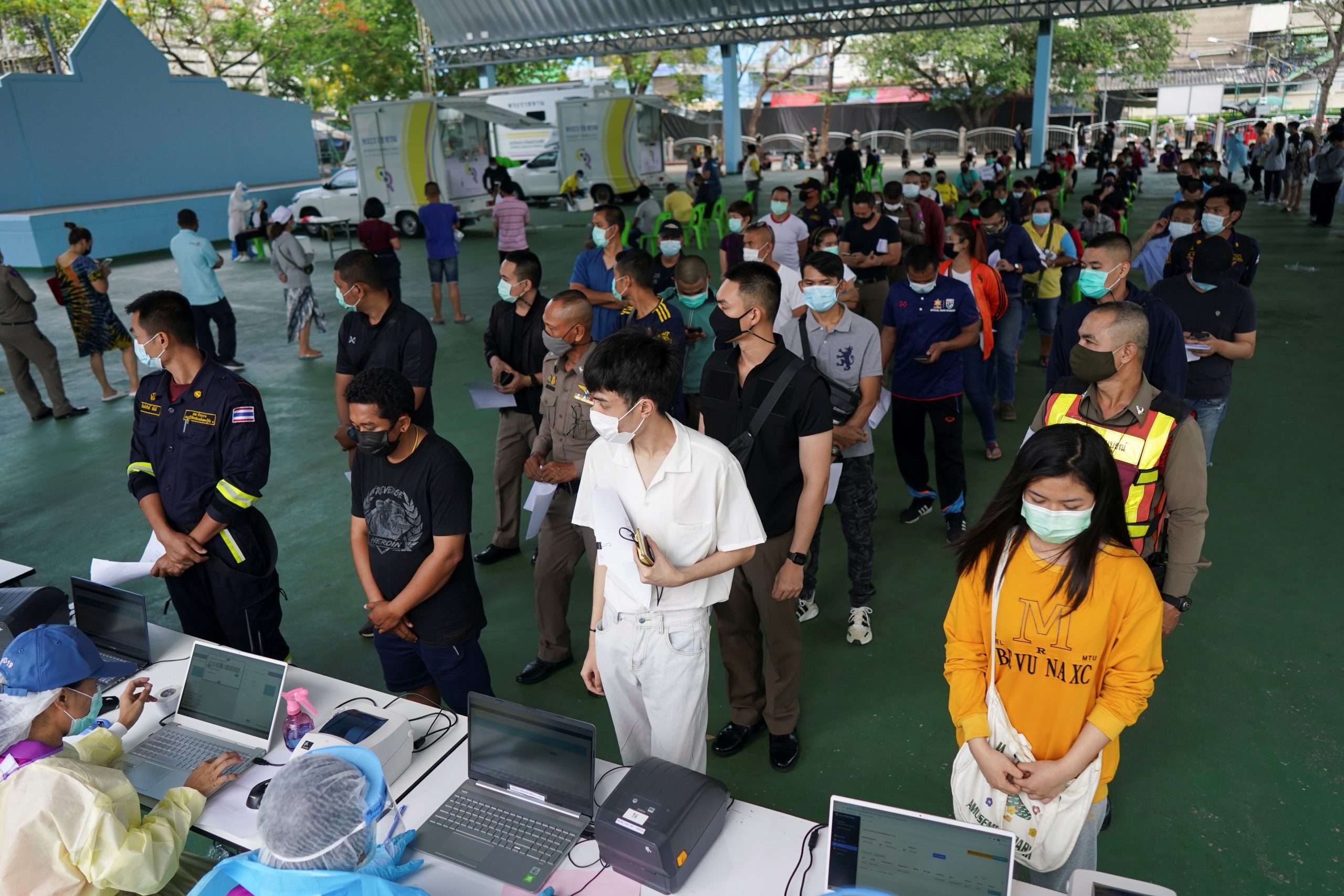The Ministry of Public Health in Thailand has announced that a new coronavirus, known as HKU5-CoV-2, has been discovered by researchers in China. However, officials emphasize that there is no need for public concern at this time.
Understanding the New Variant
Characteristics of HKU5-CoV-2
The HKU5-CoV-2 virus is a member of the Merbecovirus subgenus, which is part of the larger coronavirus family. It is not considered a new strain or mutant of the virus but rather a distinct subspecies within the family. The virus can enter human cells using the same mechanism as SARS-CoV-2, the virus responsible for COVID-19, which has raised some concerns about its potential impact.
Public Health Response
Surveillance and Prevention Measures
Despite the discovery of HKU5-CoV-2, there have been no reported human infections. Thailand is part of an international surveillance system designed to monitor and respond quickly to emerging viral threats. The recommended preventive measures for this virus are similar to those for other respiratory diseases, including COVID-19 and influenza. These include avoiding crowded areas, wearing masks if experiencing respiratory symptoms, and frequent handwashing.
Future Implications
Research and Vaccine Development
The discovery of new viruses, such as HKU5-CoV-2, highlights the ongoing need for research into coronaviruses and their potential to mutate. While the risk of direct infection from bats to humans is considered low to moderate, studying these viruses is crucial for understanding their properties and developing vaccines if necessary. The international community continues to monitor these developments closely to ensure preparedness against potential future outbreaks.









